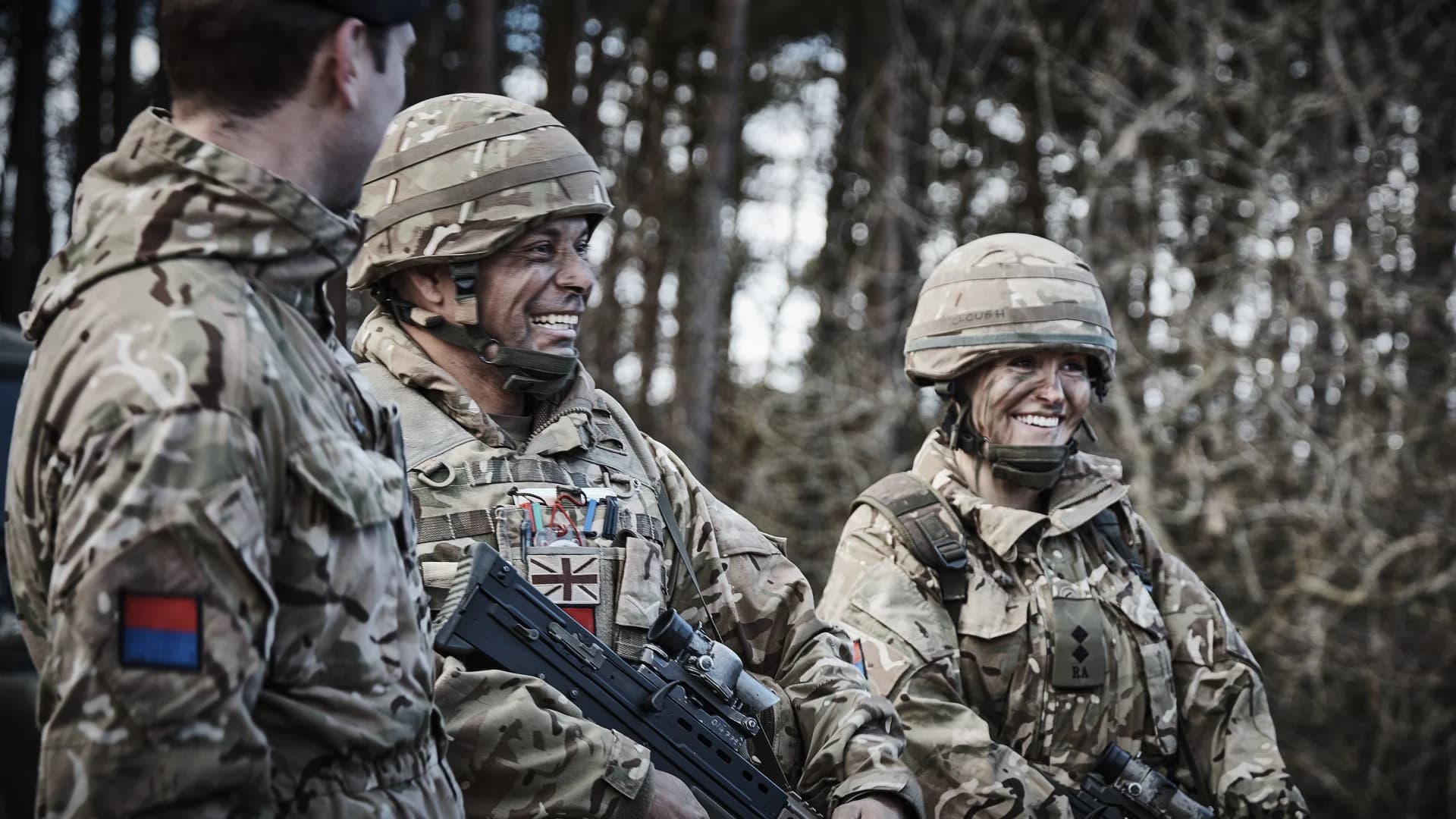
Do fy1 and fy2 differ financially in the Army compared to the NHS? Is it possible to do the AFP in the Army?

Matthew N. asked a question to Medical Roles
Category: About us
Date asked: Tuesday, April 21, 2020
Last reviewed: Friday, April 24, 2020

Tori C.
Regimental Medical Officer
Hi Matthew,
Yes, there is a financial difference, Army foundation doctors tend to be better paid (but are more limited in where they can do their foundation years - Frimley Park, Northallerton, Portsmouth, Plymouth or the Queen Elizabeth Hospital Birmingham). If you are being employed for FY1 and 2 by the military you will also have had a bursary at medical school with the associated financial benefits (£10,000 a year for the last 3 years).
This link has a breakdown of pay for all armed forces personnel - you want page 51 for foundation years pay and then page 94 table 1.17 for the salary for the 3 years following the foundation years (it goes up a level each year). If the link doesn't work, just google 'armed forces pay review'.
https://assets.publishing.service.gov.uk/government/uploads/system/uploads/attachment_data/file/819468/AFPRB_48th_Report_2019_Web_Accessible.pdf
I am afraid I have only ever worked on the old junior doctor contract for the NHS so am not particularly up to date with how the new contract works, but I understand your pay will vary depending on your rota and how much out of hours work you do etc.. Whereas military pay stays the same regardless (usually that works in our favour rather than against us!).
The BMA has a useful document here https://www.bma.org.uk/media/1950/bma-junior-doctors-england-pay-tables-dec-2020.pdf
In summary, an Army FY1 gets the equivalent of £41,923, and the maximum an NHS FY1 could earn (according to the BMA table) is £38,335.
It is worth remembering military personnel also have access to subsidised accommodation, subsidised food, travel and parking costs.
I am not too sure on AFP, I'll find out and get back to you.
Wednesday, April 22, 2020

Tori C.
Regimental Medical Officer
I've asked around, and it looks like you can't do AFP. You can do academic training during lots of the specialty training programmes though. If you do join, and you are keen on doing AFP, it would be worth asking, sometimes things change.
Thursday, April 23, 2020
Matthew N.
Thanks for answering so quickly and clearly. Just to add, during the two and a bit years as a GDMO what is the actual nature of the training and work? Is it more similar to foundation years or general practice? I know this is quite far away for me and could change, but after GDMO years how does speciality training differ to the NHS (is it undertaken only in MDHUs like foundation years etc)?
Friday, April 24, 2020

Tori C.
Regimental Medical Officer
Hi Matthew,
During GDMO you work in a military GP surgery while in the UK, and when deployed you provide primary health care and pre hospital emergency care. You are likely to also do some occupational medicine depending on which med centre you work in. We don't do any hospital jobs but some GDMOs will do the odd day here or there in a hospital to get a bit of experience while deciding what specialty they want to apply for.
There is lots of access to courses, the majority of them are courses run by the military, but some external courses will also qualify for funding. You start your GDMO time by doing almost 5 months on the postgraduate medical officers course, so if any of the above sounds daunting, don't worry, you will have plenty of opportunity to prepare.
In regards to applications for specialty training, you will first apply to the defence deanery, if you apply for a competitive specialty they will invite you for an interview. They will then select the candidates who can apply to the national programme. For example, if 6 people wanted to do emergency medicine, but there were only 2 jobs, 3 may be asked to apply. The 2 that benchmark the highest will then get the job. Regardless of how competitive or non competitive the job is, you still need to benchmark in the national applications in order to get a specialty training job.
For training itself, we follow the same programme as our NHS colleagues, occasionally with a few minor differences. For instance, GP trainees may do rotations in DCMH (military department of community mental health) and will finish training in a military GP surgery.
In regards to location, this varies year to year. You do not necessarily have to do your training in a JHG (new name for MDHU), you could ask to train elsewhere, but will need a sufficient reason and there will need to be a military mentor in that hospital (usually). Even then it may not be possible.
Let me know if you think of any other questions.
Friday, April 24, 2020
This discussion is closed, so no new comments can be added.